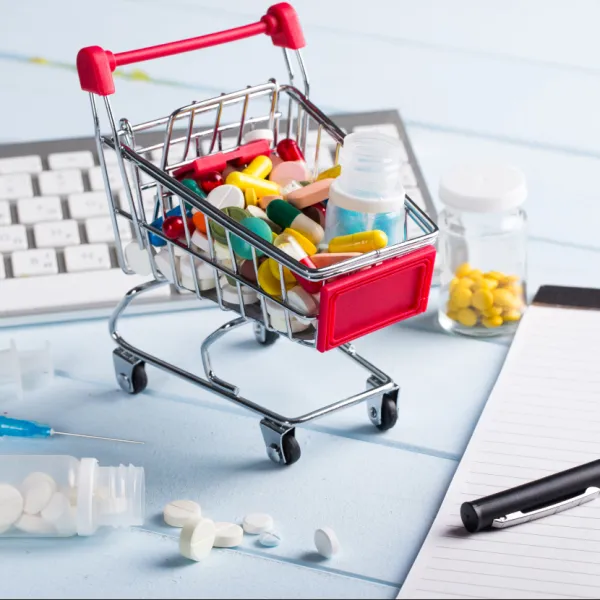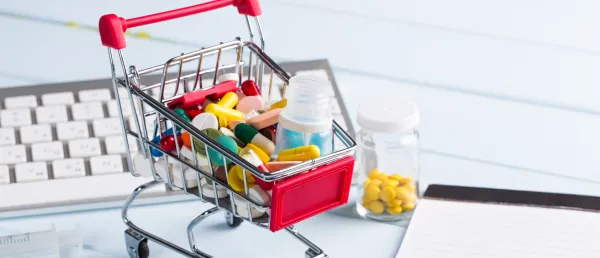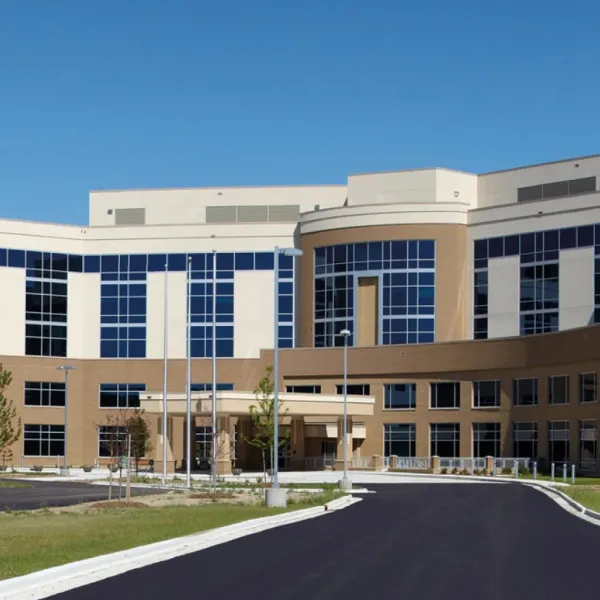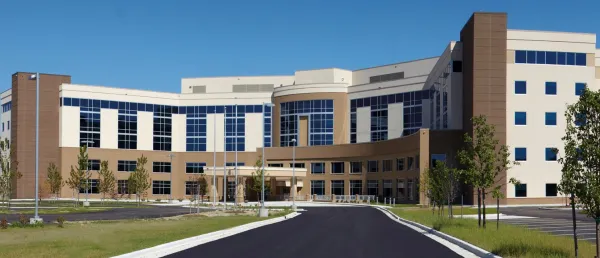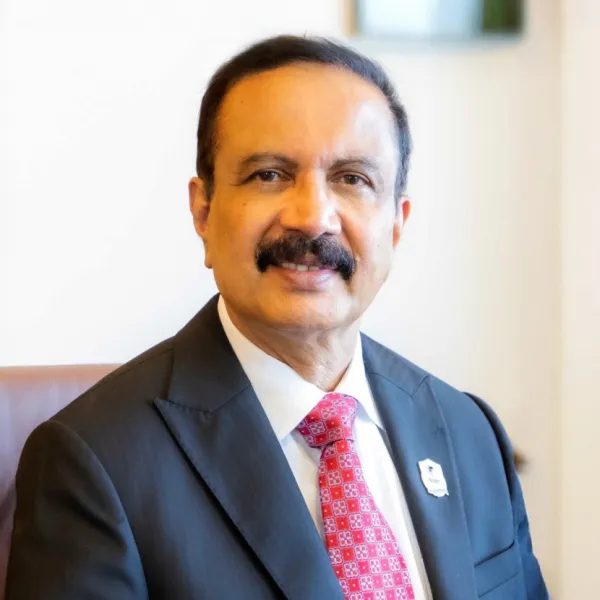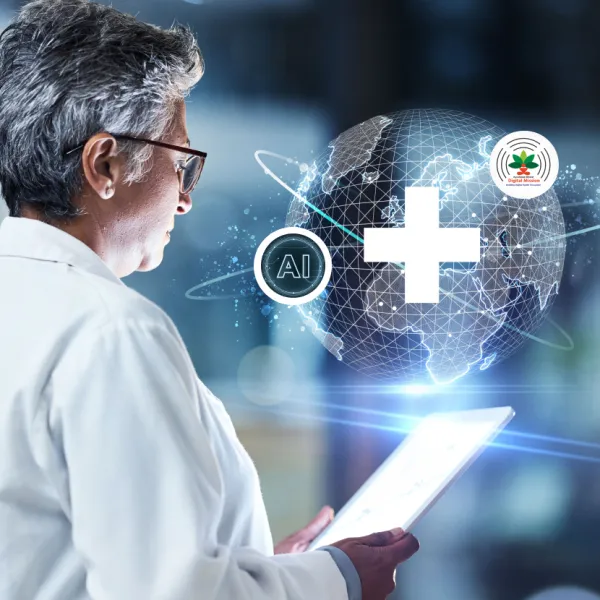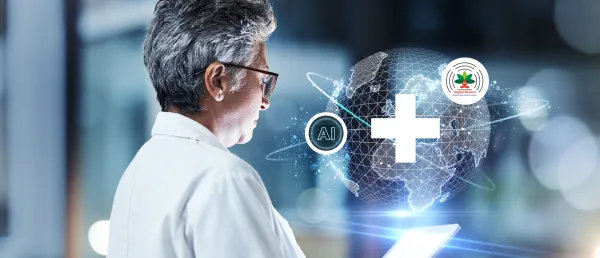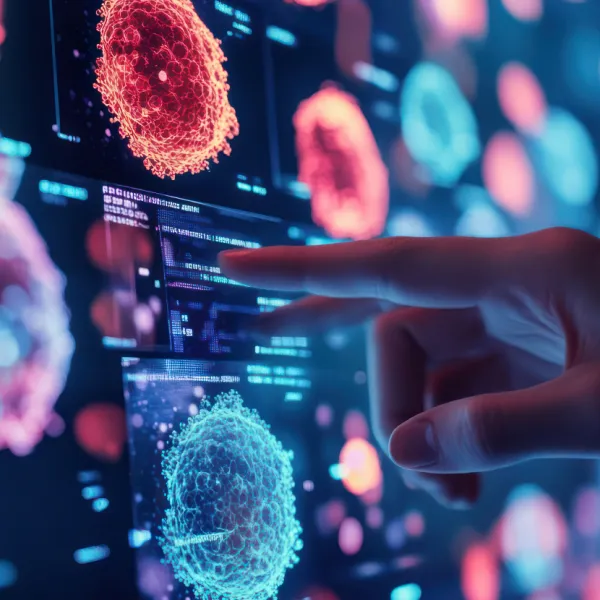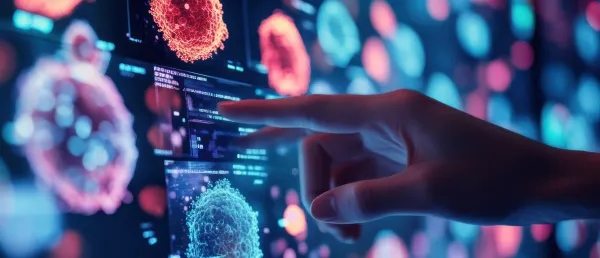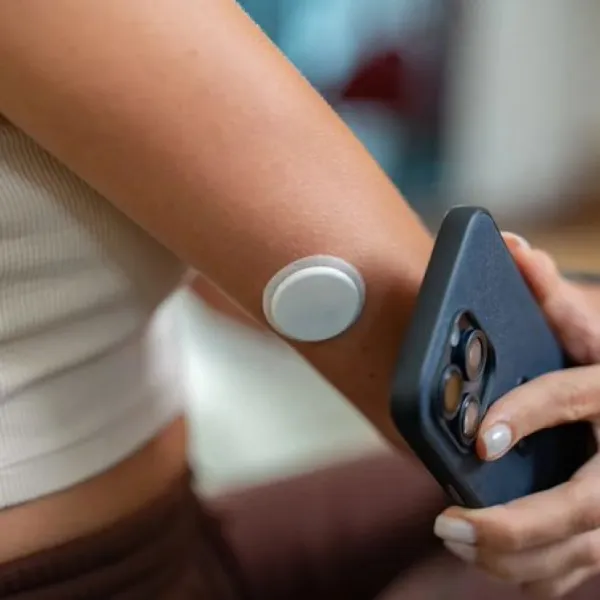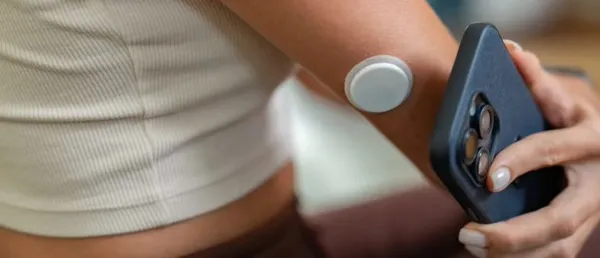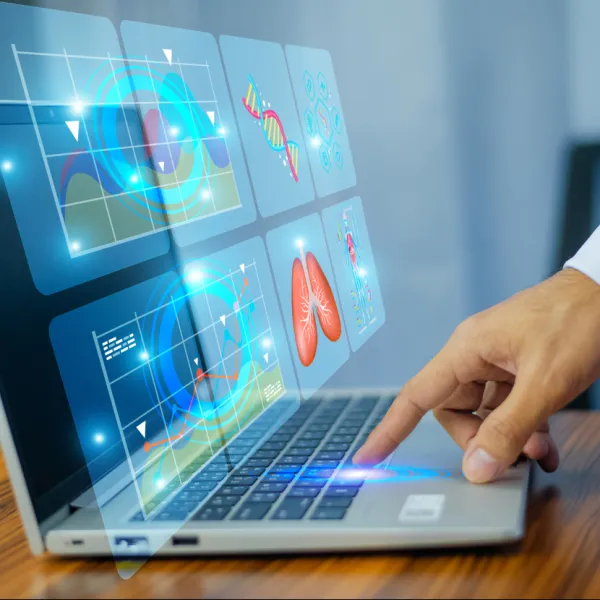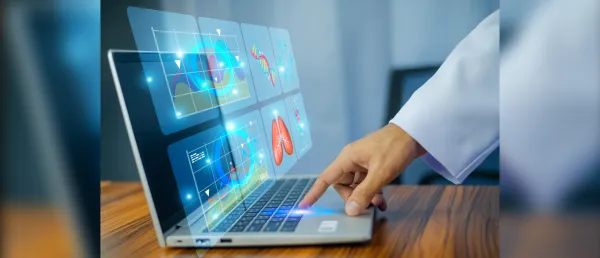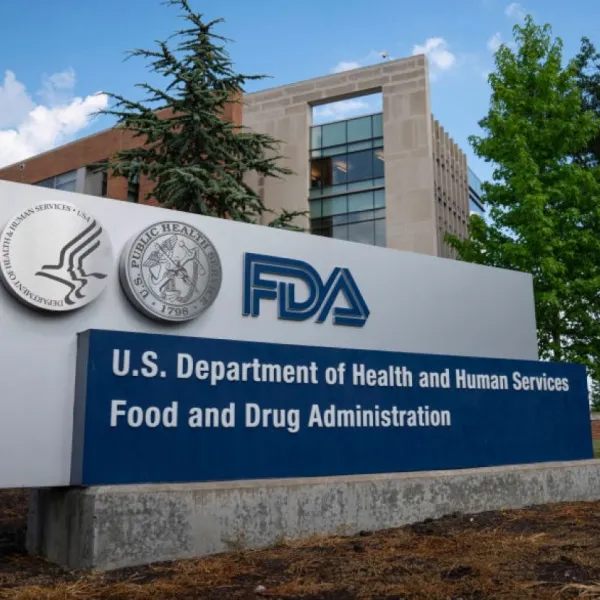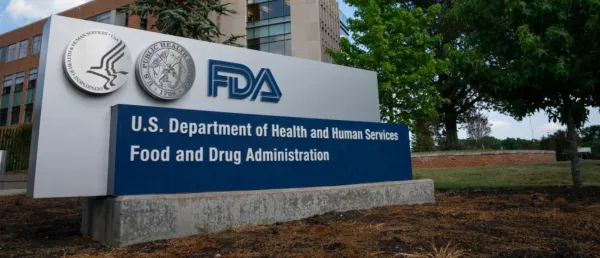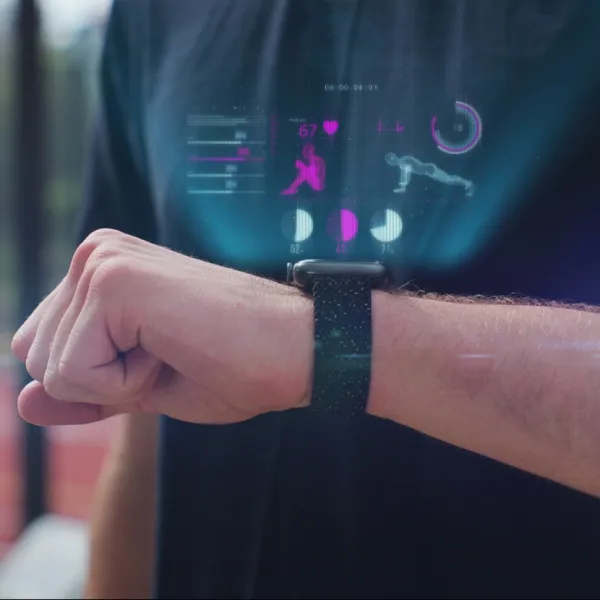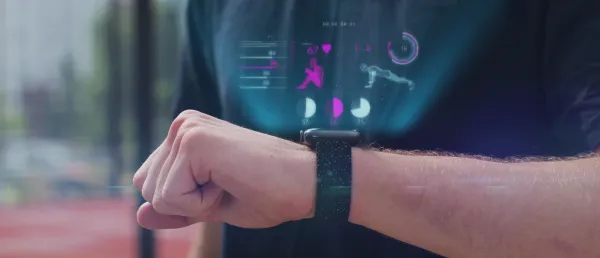Parl Panel Urges DoP to Expedite Recruitment of Medical Devices Officers

Expressing concern over the delay in the recruitment process, the committee emphasized the importance of completing the process within the prescribed timeline without fail.
The Department-related Parliamentary Standing Committee on Chemicals and Fertilizers has called upon the Department of Pharmaceuticals (DoP) to ensure the timely recruitment of officers to regulate the medical devices sector.
Expressing concern over the delay in the recruitment process, the committee emphasized the importance of completing the process within the prescribed timeline without fail.
The Committee highlighted the significant delay in the recruitment process for manpower tasked with regulating the medical devices sector. It underscored the necessity of promptly filling the vacant positions to facilitate effective regulation and the issuance of licenses to manufacturers.
The Committee's concern stems from the pending recruitment for both notified and newly created posts, which has been pending for over a year, potentially impacting regulatory oversight.
Sharing thoughts, Dr Shashi Tharoor, chair of the committee, said, "The recruitment process for 236 notified and 219 newly created posts, pending for more than a year, would have serious implications on regulation as well as issuing licenses to manufacturers."
Call for Enhanced Training Programmes
In addition to addressing recruitment concerns, the Committee recommended conducting more training programmes, workshops, and interactive sessions for state licensing authorities and the medical devices industry. The aim is to enhance understanding and ensure effective implementation of the Medical Device Rules, 2017.
Dr Tharoor emphasized the importance of comprehensive training. He said, "Much more handholding and training are required for all stakeholders in the medical device ecosystem for proper understanding of the recently announced rules, regulations and procedures."
Focus on Licensing Regime & National Institute Establishment
The Committee also acknowledged the Ministry of Health and Family Welfare's efforts to establish the National Institute for Medical Device Education and Research (NIMERs). It expressed confidence that these initiatives would be implemented effectively to address resource challenges and ensure the availability of skilled manpower in the medical devices sector.
Regarding the licensing regime, the health ministry reported receiving numerous applications from the industry for issuance of licenses. The Committee emphasized the need to expedite the issuance process to manufacturers in a time-bound manner, ensuring all necessary arrangements are made promptly.
Domestic Manufacturing Recommendations
In the same vein, Union Minister for Chemicals and Fertilizers, Mansukh Mandaviya, recently inaugurated 40 new facilities nationwide, including bulk drug manufacturing plants and medical device manufacturing units. These facilities, inaugurated under the Production Linked Incentive (PLI) Scheme, aim to reduce import dependence for critical medical supplies and promote self-reliance in the pharmaceutical sector.
In recent developments, the Parliamentary Panel recommended the inclusion of medium and high-end medical devices essential for critical care into the National List of Essential Medicines (NLEM). This recommendation, made in collaboration with the Ministry of Health and Family Welfare, aims to serve public interest and enhance accessibility to critical medical devices.
Also, the Committee proposed measures to support domestic manufacturing of medical devices, including reducing GST rates, providing short-term custom-duty concessions, and extending the Phased Manufacturing Programme (PMP) to cover a broader range of medical devices. These initiatives aim to foster growth in the domestic medical devices industry and reduce import dependency.
The recommendations put forth by the Parliamentary Panel underscore the need for timely recruitment, enhanced training programs, and supportive measures to bolster the medical devices sector. With a focus on regulatory oversight, skill development, and domestic manufacturing, these initiatives aim to strengthen India's position in the global medical devices market while ensuring accessibility to essential medical devices for the public.
Stay tuned for more such updates on Digital Health News





